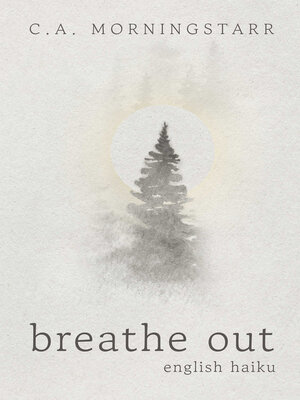
Sign up to save your library
With an OverDrive account, you can save your favorite libraries for at-a-glance information about availability. Find out more about OverDrive accounts.
Find this title in Libby, the library reading app by OverDrive.



Search for a digital library with this title
Title found at these libraries:
| Loading... |
The Japanese haiku poem typically consists of 3 lines, with syllables measuring 5 -7 -5 without requiring a set rhyme or pattern, instead relying, to a great extent, on the enhanced feelings the poet wishes to express. In contrast, certain characteristics associated with English-language haiku have incorporated at least three or more different, or experimental forms of the style. I believe what my contemporaries are trying to say is that the poet themselves are in search of one's personal sense of perfection, hoping to convey those private occasions, expressed with creative disciplines while catching the mood of the moment the poet themselves wish to share, using as few words as possible. Still, there are those schools of thought that believe in paring down haiku to its most simplistic arrangement possible, using as little as two or three words, again depending on which school of thought one might subscribe to, or not. This may be in part due to the fact that Japanese and English expressions are not, in essence, always comparable. As a result, it is rare to find a poem as long as seventeen syllables in today's English-language haiku. As for me I believe it is the poet's intent not to dishonor the poetry that is Japanese haiku, but instead create something it may call its own.






